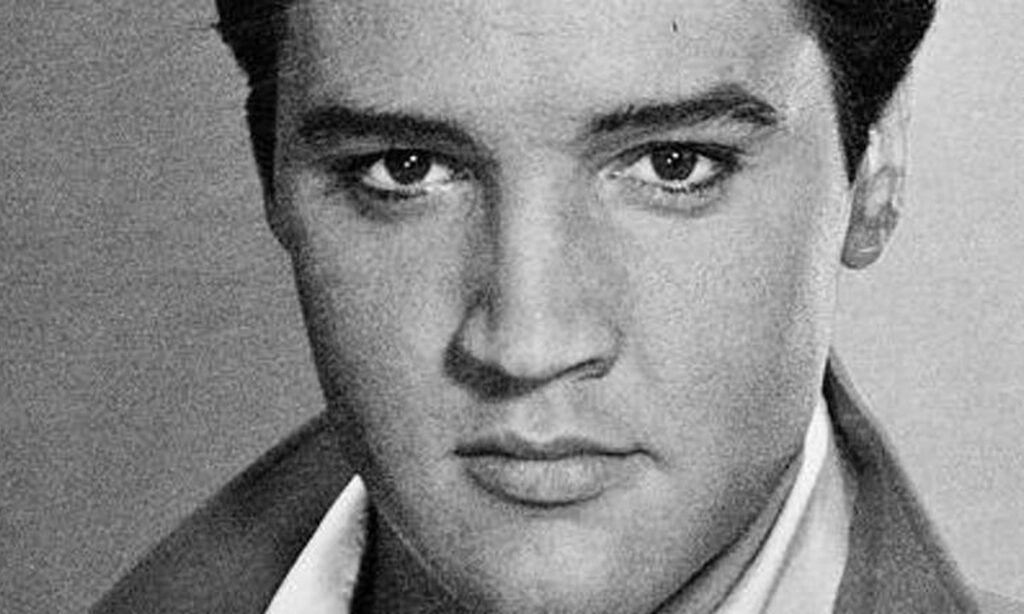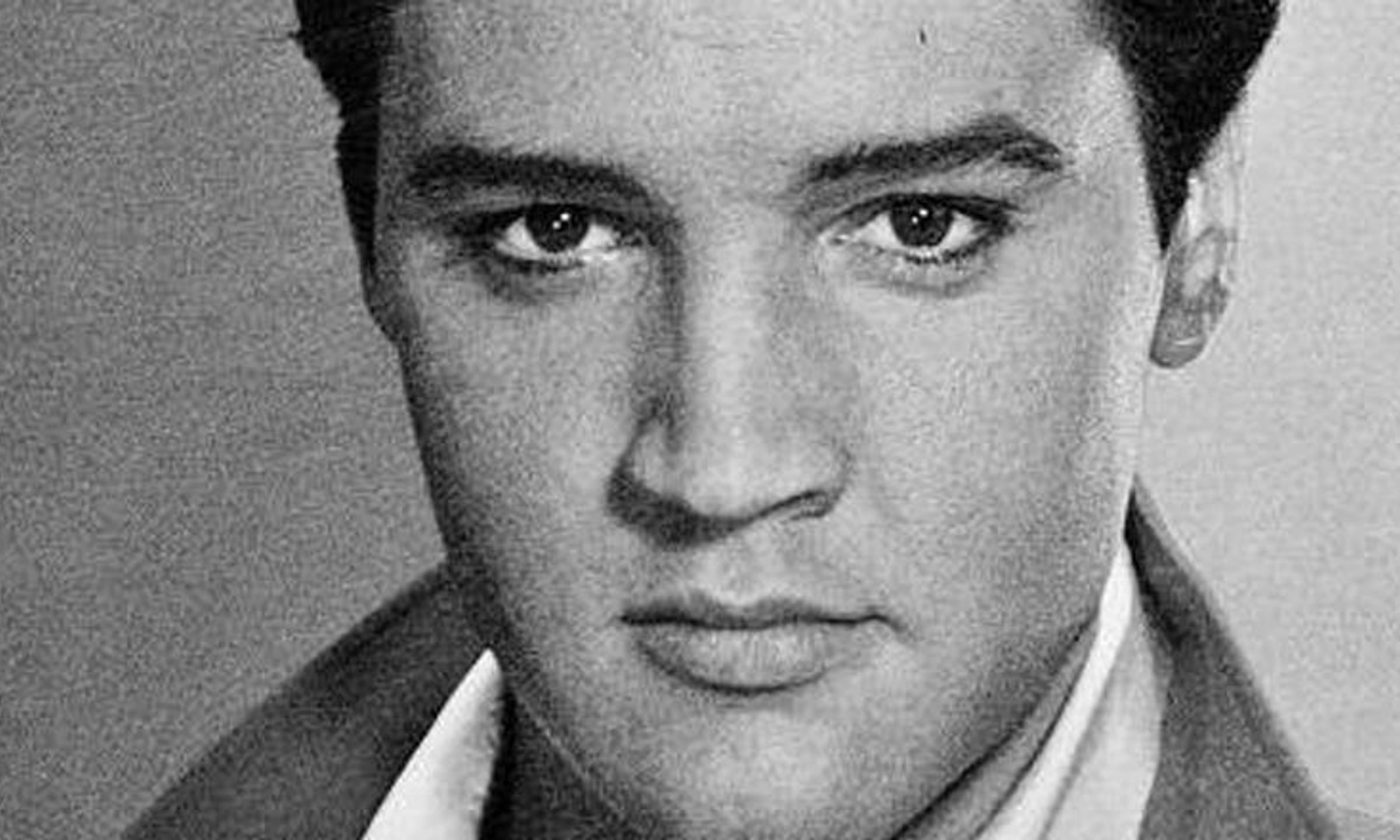
Elvis Presley Movies: A Comprehensive Guide to the King’s Film Career
Elvis Presley, the King of Rock and Roll, wasn’t just a musical icon. He also carved out a significant career in Hollywood, starring in 31 feature films. While his movies might not always be critically acclaimed masterpieces, they offer a fascinating glimpse into the era, showcasing Elvis’s charisma, musical talent, and undeniable screen presence. This guide will delve into the world of Elvis Presley movies, exploring their impact, highlights, and lasting legacy.
Early Successes: Showcasing the King’s Talent
Elvis’s film career began in 1956 with Love Me Tender. This Civil War-era Western, originally titled The Reno Brothers, was quickly renamed to capitalize on the popularity of Elvis’s hit song. While the film itself is a fairly standard Western, Elvis’s presence and musical performances immediately drew audiences. It was a box office hit, solidifying Elvis’s appeal beyond the music charts.
Following Love Me Tender, Elvis starred in Loving You (1957), a semi-autobiographical film that mirrored his rise to fame. This film allowed Elvis to showcase his musical talents more prominently, featuring several of his hit songs. Jailhouse Rock (1957) followed, arguably becoming one of his most iconic films. The titular song and its accompanying dance sequence are legendary, cementing Elvis’s status as a cultural phenomenon. The film’s portrayal of a rebellious young man finding success through music resonated with audiences, despite its somewhat darker themes.
These early Elvis Presley movies were crucial in establishing his brand. They combined his musical performances with simple, often predictable, storylines. However, the focus was always on Elvis, allowing him to charm audiences with his looks, voice, and stage presence. They were designed to appeal to his core fanbase and broaden his appeal to a wider audience.
The Formula Years: Musical Comedies and Predictable Plots
As Elvis’s career progressed, his films began to follow a more predictable formula. The 1960s saw a string of musical comedies, often set in exotic locations, that prioritized lighthearted entertainment over artistic merit. Films like G.I. Blues (1960), Blue Hawaii (1961), and Viva Las Vegas (1964) were box office successes, but they also contributed to a perception of Elvis as a primarily commercial entertainer. These Elvis Presley movies, while enjoyable for their music and scenery, lacked the depth and complexity of his earlier work. [See also: Elvis Presley’s Musical Influences]
G.I. Blues, set in post-war Germany, was a major hit, capitalizing on Elvis’s military service. Blue Hawaii, with its picturesque Hawaiian setting and catchy songs, became one of Elvis’s most popular films. Viva Las Vegas, co-starring Ann-Margret, is often considered one of the best of these formulaic films, thanks to the chemistry between Elvis and Ann-Margret and the vibrant Las Vegas setting. These films, although entertaining, became somewhat repetitive, reinforcing the image of Elvis as a performer rather than a serious actor.
The Changing Landscape of Film
While these Elvis Presley movies were financially successful, they were increasingly out of step with the changing landscape of cinema. The rise of the New Hollywood movement, with its focus on grittier, more realistic storytelling, left Elvis’s musical comedies feeling dated. Critics often dismissed these films as lightweight and lacking in substance. However, they continued to appeal to Elvis’s loyal fanbase, ensuring their commercial viability.
Attempts at Dramatic Roles: Exploring New Territory
Recognizing the need to diversify his image, Elvis occasionally attempted more dramatic roles. Flaming Star (1960) was a Western drama that allowed Elvis to showcase his acting abilities in a more serious context. While the film was well-received, it didn’t achieve the same level of commercial success as his musical comedies. Wild in the Country (1961) was another attempt at a dramatic role, but it was ultimately overshadowed by its musical numbers.
Charro! (1969) represented another effort to break away from the musical comedy formula. Elvis sported a beard and played a more mature, world-weary character. However, the film was not a major success, and Elvis returned to his more familiar musical roles. These attempts at dramatic roles, while admirable, ultimately failed to significantly alter the trajectory of his film career. The audience seemed to prefer Elvis in his musical persona.
Later Films and Declining Popularity
In the late 1960s and early 1970s, Elvis’s film career began to decline. Films like Speedway (1968) and Live a Little, Love a Little (1968) were met with diminishing returns. His final film, Change of Habit (1969), co-starring Mary Tyler Moore, saw Elvis playing a doctor who falls in love with a nun. The film was a modest success, but it marked the end of Elvis’s acting career. These later Elvis Presley movies reflected the changing tastes of the audience and Elvis’s own evolving musical style. [See also: The Impact of the Beatles on Elvis Presley]
The decline in the quality of his films was partly due to Elvis’s increasing disinterest in acting. He felt trapped by the formulaic nature of his movies and longed for more creative control. His focus shifted back to his music career, culminating in his successful 1968 comeback special and his subsequent concert tours. Despite the decline in his film career, Elvis remained a major cultural icon, beloved by millions around the world.
The Legacy of Elvis Presley Movies
While Elvis Presley movies may not be considered cinematic masterpieces, they hold a significant place in popular culture. They provide a glimpse into the era in which they were made, showcasing the fashion, music, and social attitudes of the time. More importantly, they offer a unique opportunity to witness Elvis Presley’s charisma and talent on screen. They are a testament to his enduring appeal and his impact on the entertainment industry. The simple plots and catchy tunes made them accessible to a wide audience, contributing to Elvis’s global fame.
Even today, Elvis Presley movies continue to be enjoyed by fans around the world. They are a reminder of the King’s unique talent and his lasting legacy. While some may criticize their lack of artistic depth, there’s no denying their entertainment value and their contribution to the legend of Elvis Presley. From Jailhouse Rock to Blue Hawaii, these films offer a nostalgic trip back to a bygone era, celebrating the music and the charisma of the King of Rock and Roll. They are a vital part of understanding the cultural impact of Elvis Presley.
In conclusion, the body of work that comprises Elvis Presley movies, despite its perceived shortcomings, represents a vital part of the Elvis phenomenon. They are a time capsule showcasing his talents, the trends of the time, and the enduring appeal of the King. Whether you are a die-hard fan or simply curious about his career, exploring Elvis Presley movies is a worthwhile endeavor.

